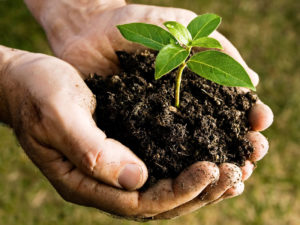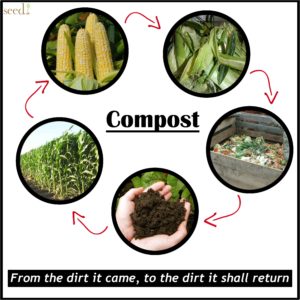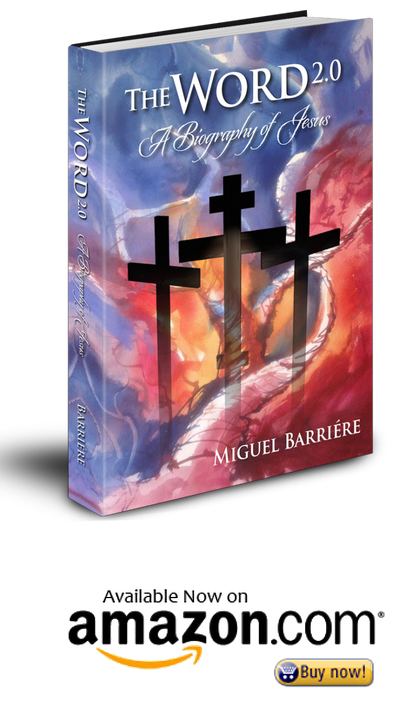What is Permaculture? Known as a buzzword synonymous with sustainability, it is gaining global awareness and changing the way people talk about how to coexist peacefully with the planet. Its main objectives are this:
Care for the planet
Care for the people
Redistribute Surplus
Permaculture is about a lifestyle which uses conscious design. Its about observing the way an ecosystem and landscape function before planning homes, communities, gardens and everything else in a way that symbiotically supports those systems – in a permanent way (get it? PERMA-culture). This means using a closed loop system of energy; for the most part our waste is only ever waste, and it piles up in landfills, which is linear.
Why does it matter?
For many this is seen as one of the only options humanity has to be able to support ourselves without destroying the planet. Take for example, the waste aspect of our lifestyle. Sure we have recycling, here in Santa Barbara we even have some stores that participate in compost and a green waste opt-in at the dump for taking leaf litter, grass clipping and the like to be used to make free mulch. But one of the main concerns I hear from other students is that it takes too much time to think about what trash goes where. One awesome store, Wholefoods has designed an entire display to show customers where they need to put their trash, but this is a very small scale.
Did you know that in the US organic waste is the second highest component of landfills, which are the largest source of methane emissions? In the USA, 30-40% of the food supply is wasted, equaling more than 20 pounds of food per person per month (and there are so many who go hungry on this planet that we share). Check the facts here.
So in this instance we look at the problem of landfills and the inevitable overflow that will occur when they are full. As permaculturists, we see a solution in the issue: separate food waste from the general flow of trash and turn it into compost material which becomes highly nutritious soil in which to grow food. This solves the problem of too much food waste crowding landfill and allows farmers to spend less on fertilizers for their soil. The energy has completed a cycle. This is good for the planet, healthier for the people and uses surplus energy to promote planetary well-being.
We have a lot to learn from Mother Nature, and I feel so called to share my experience with this budding field of research because I believe that enough awareness can change the world. This upcoming weekend I’ll be traveling to Boulder Gardens down near Joshua Tree to participate in a Permaculture and Yoga weekend retreat called MyceliOm. It should be amazing and I can’t wait to share my insights when I come home!
See our book The Word 2.0 and gain some insight into how womankind can change the world.
In Abundant Gratitude,
Sonya





